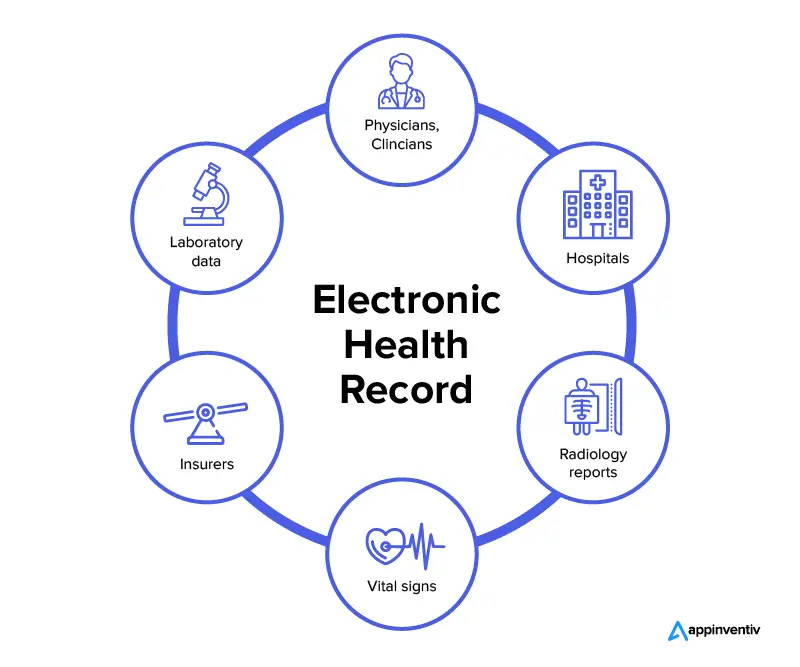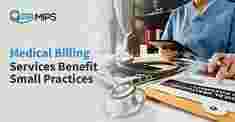Implementing EHR-In today’s fast-paced world, the healthcare industry is constantly evolving to meet the growing demands of patients and healthcare providers. One significant transformation that has taken place in recent years is the implementation of Electronic Health Records (EHR) and Practice Management Systems. These digital solutions have revolutionized the way healthcare practices operate, offering a wide range of benefits for both patients and healthcare professionals. In this article, we will delve into the advantages of adopting EHR and Practice Management Systems.
Improved Patient Care
One of the primary benefits of implementing EHR and Practice Management Systems is the enhancement of patient care. These systems provide healthcare providers with instant access to a patient’s medical history, including diagnoses, medications, and treatment plans. This quick and easy access to critical information allows for more accurate diagnoses and treatment decisions.
Moreover, EHR systems can alert healthcare professionals to potential drug interactions, allergies, or other essential patient information that may affect treatment. This helps in preventing medical errors and ensures that patients receive the right care at the right time.
Streamlined Workflow
EHR and Practice Management Systems also streamline the workflow within healthcare practices. In a paper-based system, administrative tasks such as scheduling appointments, billing, and managing patient records can be time-consuming and prone to errors. However, with digital systems in place, these processes become much more efficient.
Appointments can be scheduled electronically, reducing the risk of double booking or missed appointments. Billing becomes more accurate, with automated billing processes that generate invoices and track payments. Managing patient records electronically eliminates the need for physical file storage, freeing up valuable office space.
Enhanced Communication
Effective communication is vital in the healthcare industry, and EHR and Practice Management Systems facilitate this in numerous ways. These systems allow healthcare providers to share patient information securely with other providers involved in a patient’s care. This promotes collaboration and ensures that all healthcare professionals are on the same page regarding a patient’s treatment plan.
Patients also benefit from improved communication through features such as online appointment scheduling and secure messaging with their healthcare providers. This accessibility and convenience make it easier for patients to stay engaged in their healthcare journey.
Cost Savings
While the initial investment in EHR and Practice Management Systems may seem significant, they can result in long-term cost savings for healthcare practices. Paper-based systems require substantial resources for the printing, storing, and managing of paper records. In contrast, digital systems reduce the need for paper and associated expenses.
Additionally, EHR systems can help prevent costly medical errors by flagging potential issues and reducing the risk of duplicate tests. The streamlined workflow also means that staff can work more efficiently, reducing labor costs.
Data Security and Compliance
The security of patient data is a top priority in healthcare. EHR and Practice Management Systems are designed with robust security features to protect sensitive patient information. These systems often include encryption, access controls, and audit trails to ensure that patient data remains confidential and is only accessible to authorized personnel.
Furthermore, EHR systems help healthcare practices stay compliant with industry regulations and standards, such as the Health Insurance Portability and Accountability Act (HIPAA). Non-compliance with these regulations can lead to hefty fines and damage to a practice’s reputation. With EHR systems, practices can easily track and demonstrate their compliance, reducing the risk of legal issues.
Real-Time Analytics
Implementing EHR-Another advantage of EHR and Practice Management Systems is the ability to generate real-time analytics and insights. These systems can compile data on patient outcomes, appointment attendance, revenue, and more. Healthcare providers can use this information to make informed decisions about patient care and practice management.
Real-time analytics also enable practices to identify trends and areas for improvement. For example, if a particular treatment approach is consistently yielding better results, practices can adjust their protocols accordingly. This data-driven decision-making can lead to better patient outcomes and increased practice efficiency.
Bottom Line
In conclusion, the implementation of Electronic Health Records (EHR) and Practice Management Systems has brought about a multitude of benefits to the healthcare industry. From improved patient care and streamlined workflows to enhanced communication and cost savings, these digital solutions have become essential tools for modern healthcare practices. Additionally, the emphasis on data security, compliance, and real-time analytics ensures that practices can provide the highest level of care while maintaining efficiency and accountability. As the healthcare landscape continues to evolve, EHR and Practice Management Systems will remain at the forefront of innovation, shaping the future of healthcare delivery.





